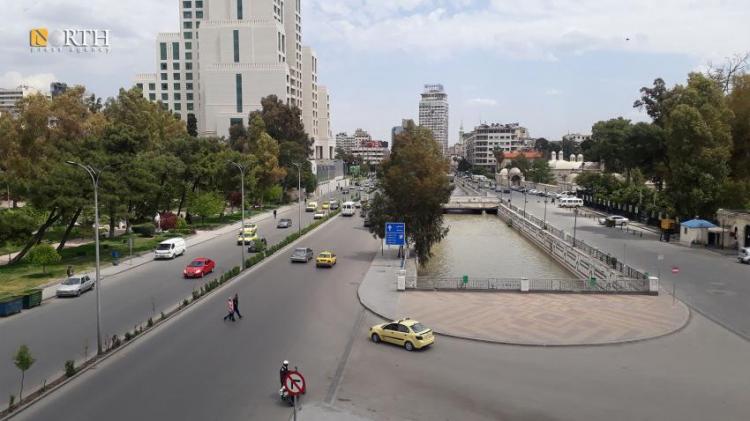DAMASCUS, Syria (North Press) – Angela Me, Head of Social Affairs at the United Nations Office on Drugs and Crime (UNODC), stated on Thursday that Syria continues to be a significant center for the production and distribution of illicit drugs, despite the fall of the al-Assad regime.
She noted that the Syrian transitional government has pledged to dismantle drug supply chains—particularly those involving captagon.
Commenting on the newly released World Drug Report, an annual publication by the UNODC, Me said, “There is a lot of uncertainty around that. We see a lot of large shipments going from Syria through, for example, Jordan.”
She explained that some of the exports could be from older stockpiles, adding that the UNODC is closely monitoring both the destinations of these shipments and the emergence of potential new production sites.
Me also warned of a broader regional spread of drug manufacturing, “We’re also seeing that the trafficking is expanding regionally, and we’ve discovered labs in Libya.”
She emphasized that the United Nations is addressing the issue through the lens of organized crime, working to understand the operations and structures of the criminal networks behind drug trafficking.
“We also help law enforcement to connect with their peers in the region, because this is not a national problem. It’s clearly a transnational problem which goes beyond the Middle East; we have been seeing Captagon traffic through Europe, for example.”
June 26 is observed annually as the International Day Against Drug Abuse and Illicit Trafficking, an occasion to raise global awareness about the dangers of drug abuse and the importance of international cooperation in combating illegal drug trade.

